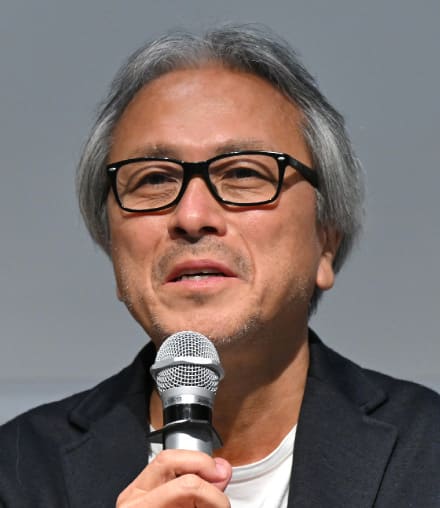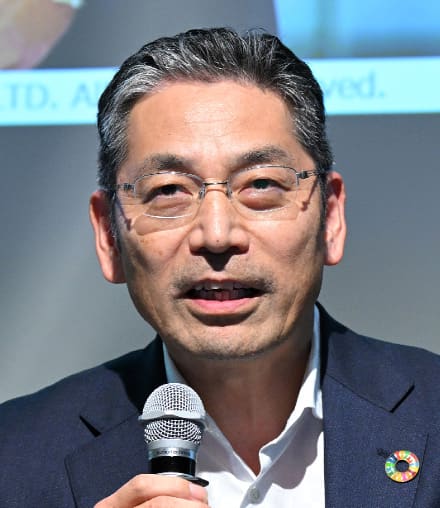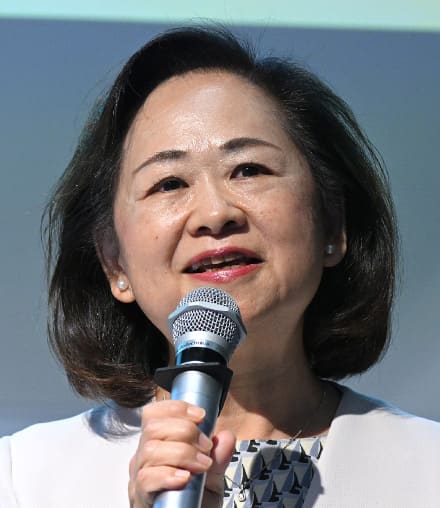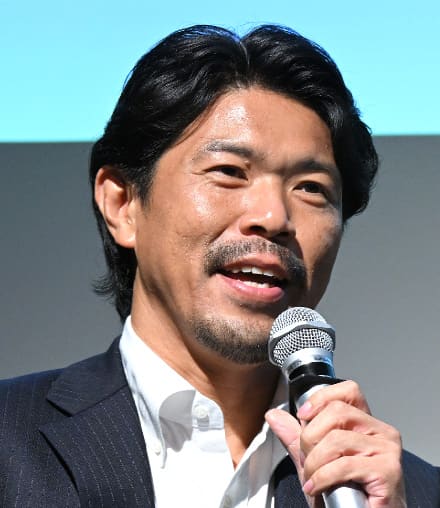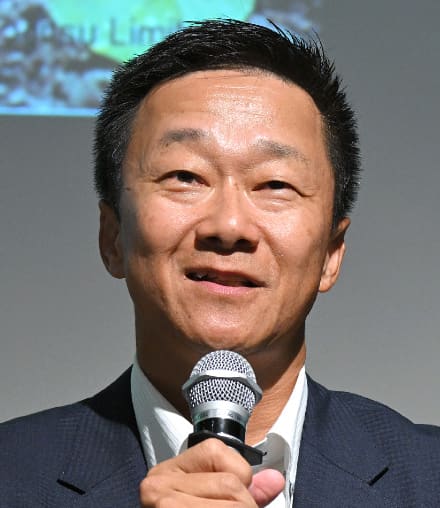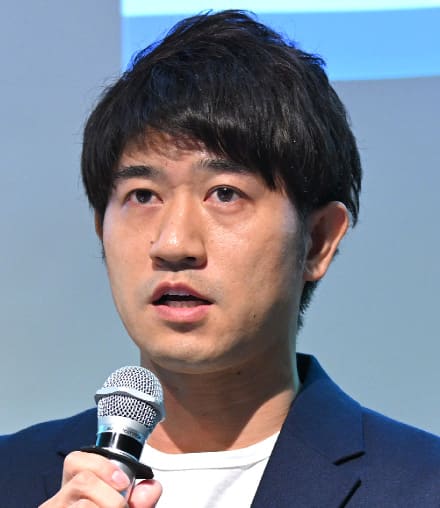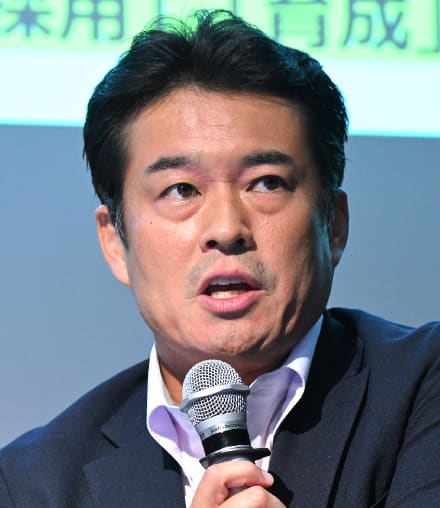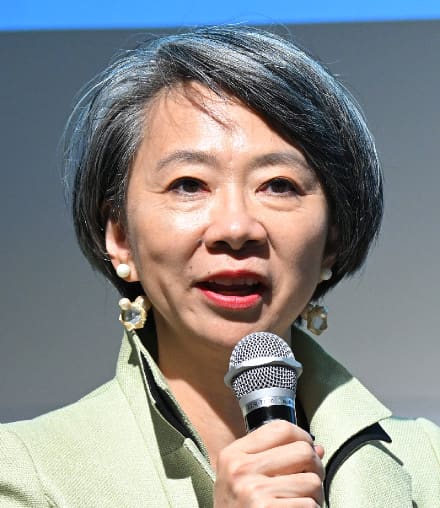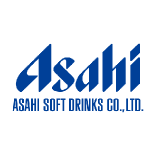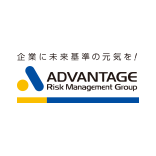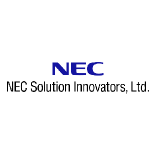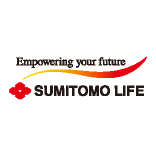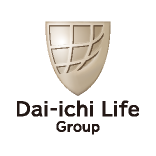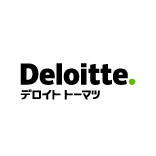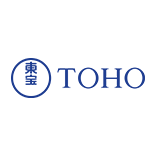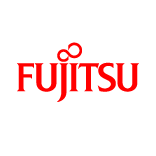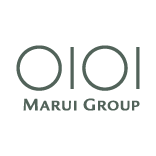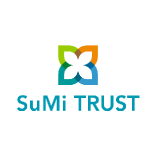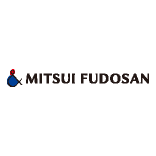A Virtuous Circle of Happiness for Employees and Customers
Naomi Motojima
Managing Executive Officer, Group Chief Sustainability Officer,
MS&AD Insurance Group Holdings, Inc.
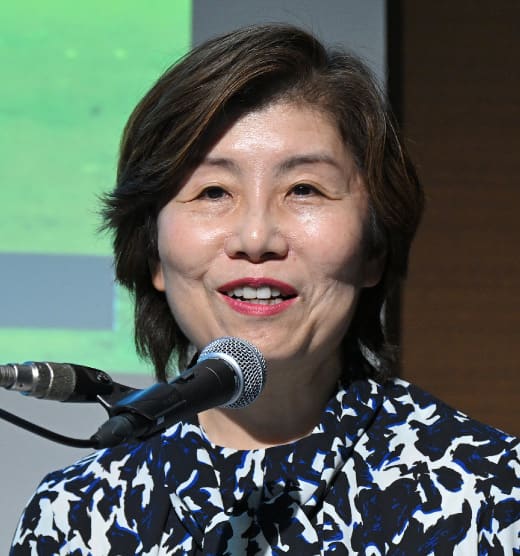
Naomi Motojima
A safe and secure society and Symbiosis with the global environment are essential for human well-being. We also view diversity as a fundamental support, not only for our corporate growth strategy, but also for well-being. We regard these social issues as particularly important, and we are committed to resolving them.
Of all our various stakeholders, our employees, business partners, agents, and customers are our top priority. We put a lot of importance on the well-being of all these people. Increasing the well-being of large numbers of people, including employees and their families, should be the mission of all large corporations, and the ultimate purpose of business.
The three main components of employee well-being are physical and mental health, ease of work, and job satisfaction. We have formed internal communities that connect employees with similar worries. We also set up a system to provide up to ¥100,000 in congratulations money to everyone in the workplace where an employee takes maternity or childcare leave. The company also holds a “Sustainability Contest” to reward initiatives and achievements that contribute to resolving social issues.
To promote customer well-being, we aim to deliver products and services that support well-being, not just by paying out insurance benefits, but also by offering people reassurance in their livelihood and lives. For example, we launched an initiative that addresses the needs of disaster victims who want to rebuild their lives as soon as possible, by facilitating complete payment of support money in as little as three days after a disaster event. When employees are happy in their work, customers are happy; conversely, when customers are happy, employees feel happy about their work. Our goal is to create a virtuous cycle that involves everyone and leaves no one behind.


